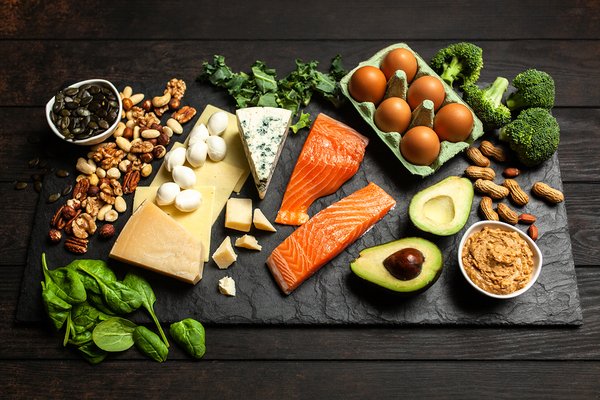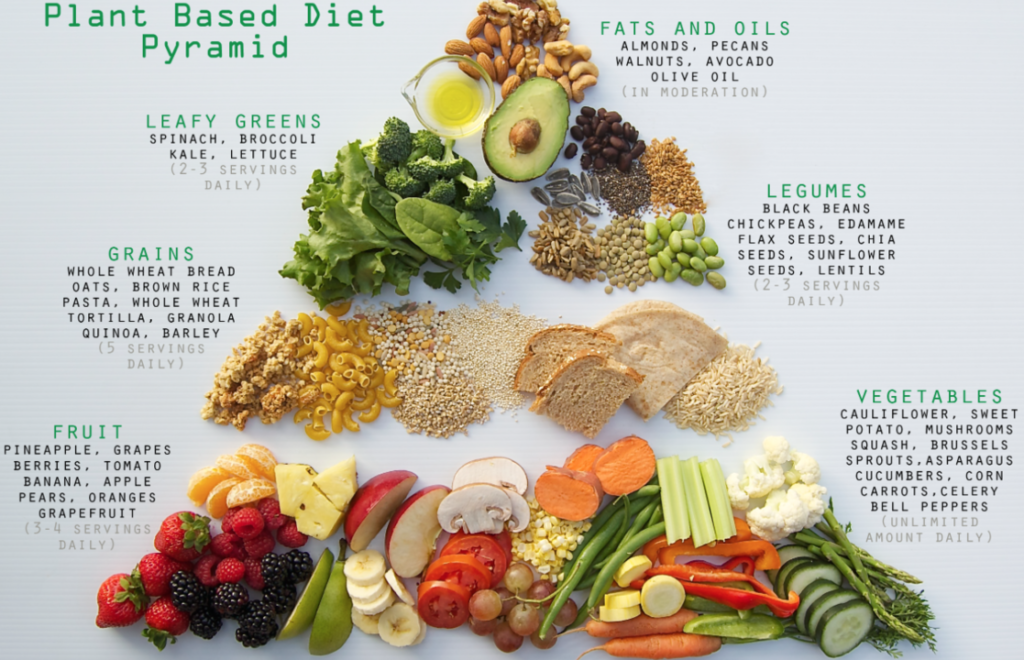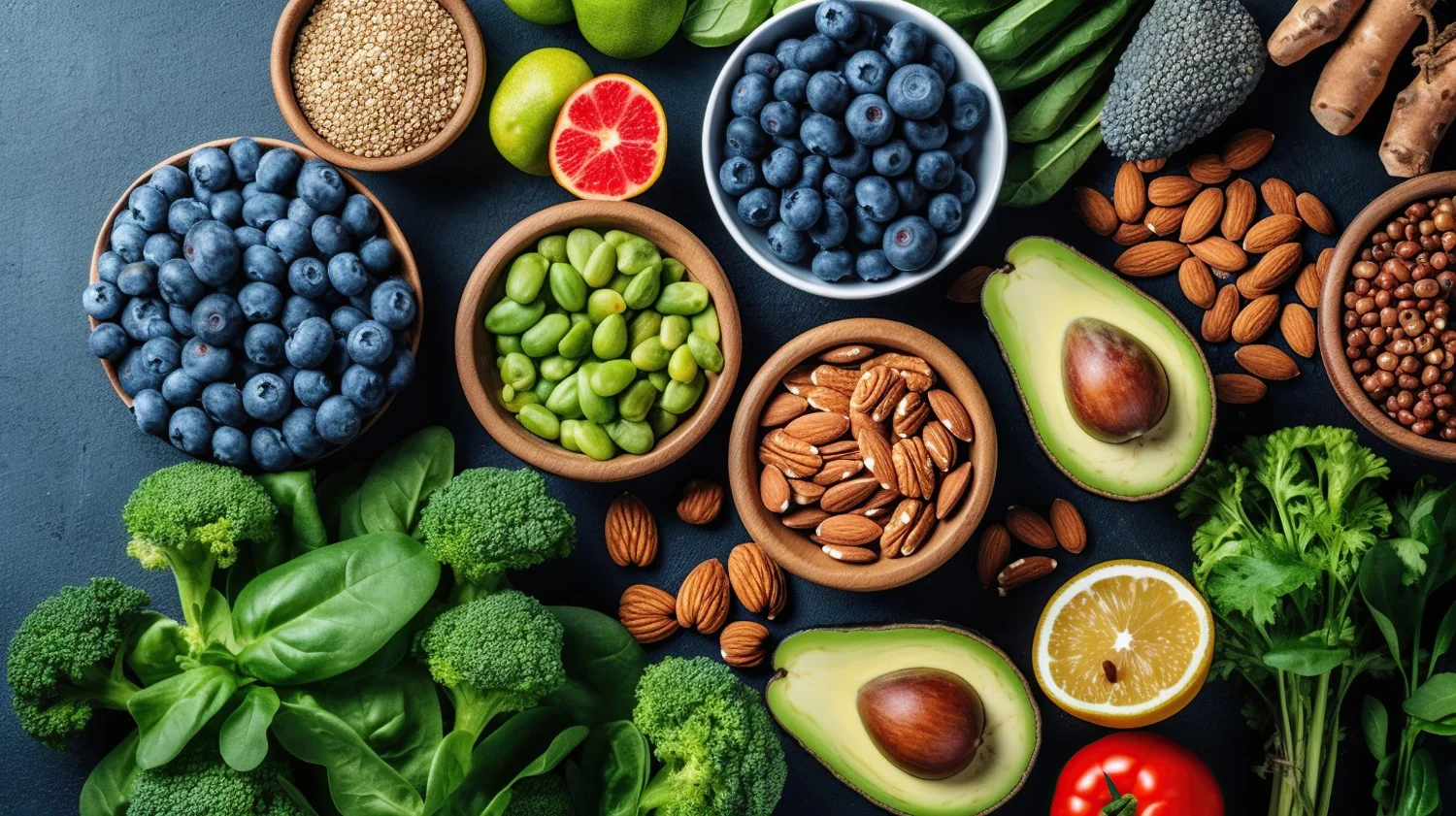Unlocking the Secrets to a Healthy Diet: Nutrition Insights for a Better You
In today’s fast-paced world, maintaining a balanced and nutritious diet can feel like navigating a maze. With a plethora of information available online, it’s easy to get lost in a sea of conflicting advice. This article will dive into key topics that can help you make informed decisions about your nutrition and diet, from understanding the power of superfoods to debunking common myths and exploring trending diets like intermittent fasting.
1. The Role of Superfoods in Boosting Immunity and Overall, Health
Superfoods are nutrient-rich foods considered especially beneficial for health and well-being. While no single food can provide all the nutrients your body needs, certain foods pack a substantial nutritional punch.
Top Superfoods to Include in Your Diet:

- Blueberries: Rich in antioxidants like anthocyanins, which help reduce inflammation and protect cells from damage. Studies have shown that blueberries can improve brain health and lower the risk of heart disease.
- Spinach and Kale: Packed with vitamins A, C, K, and folate, these leafy greens are excellent for boosting immunity and maintaining skin and bone health.
- Turmeric: Contains curcumin, known for its anti-inflammatory and antioxidant properties. Research has linked turmeric to improved brain function and reduced symptoms of arthritis.
- Quinoa: A complete protein containing all nine essential amino acids, it’s a great plant-based protein source that supports muscle repair and growth.
- Chia Seeds: High in omega-3 fatty acids, fiber, and protein, chia seeds support heart health, digestion, and sustained energy levels.
“Superfoods are nature’s medicine cabinet,” says Dr. Mark Hyman, author of Food: What the Heck Should I Eat? “They help reduce inflammation, boost immunity, and provide vital nutrients that are often missing in the standard diet.”
2. Plant-Based Diets: Benefits, Challenges, and Easy Recipes to Get Started
A plant-based diet emphasizes whole grains, vegetables, fruits, nuts, seeds, and legumes while minimizing or excluding animal products. This diet has been linked to numerous health benefits, including:
Benefits of a Plant-Based Diet:
- Reduced Risk of Chronic Diseases: Research published in the Journal of the American Heart Association found that people who follow plant-based diets have a lower risk of heart disease, hypertension, and Type 2 diabetes.
- Improved Digestive Health: The high fiber content in plant-based foods promotes a healthy gut, preventing constipation and supporting beneficial gut bacteria.
- Weight Management: Plant-based diets are often lower in calories and higher in fiber, helping with weight loss and maintenance.

Challenges:
- Nutrient Deficiency Risks: While plant-based diets can provide most nutrients, there’s a risk of deficiencies in vitamin B12, iron, calcium, and omega-3 fatty acids.
- Social and Cultural Adaptation: Switching to a plant-based diet can be challenging in social settings or cultures heavily reliant on meat and dairy.
Easy Plant-Based Recipes to Try:
- Chickpea and Quinoa Salad: A protein-packed salad with a mix of fresh vegetables, herbs, and a lemon-tahini dressing.
- Vegetable Stir-Fry with Tofu: Quick and easy stir-fry with a variety of colorful vegetables, tofu, and a light soy-ginger sauce.
- Overnight Oats with Berries and Nuts: A nutritious and filling breakfast made with rolled oats, plant-based milk, fresh berries, and a sprinkle of nuts.
3. Debunking Common Nutrition Myths: Separating Fact from Fiction
There are numerous myths and misconceptions surrounding nutrition that can make it challenging to separate fact from fiction. Let’s debunk some of the most common ones:

- Myth 1: Carbs Are the Enemy
Fact: Not all carbs are created equal. Whole grains, fruits, and vegetables provide essential nutrients and should be part of a balanced diet. It’s refined carbs, like white bread and sugary snacks, that should be limited. - Myth 2: Eating Fat Makes You Fat
Fact: Healthy fats, like those found in avocados, nuts, and olive oil, are essential for brain function, hormone production, and nutrient absorption. It’s about choosing the right type of fat, not avoiding it altogether. - Myth 3: Detox Diets Are Necessary for Cleansing
Fact: The liver and kidneys naturally detoxify the body. Instead of following restrictive detox diets, focus on a balanced diet rich in fruits, vegetables, and whole grains. - Myth 4: Eating Late at Night Causes Weight Gain
Fact: It’s not the timing of your meals but the total calorie intake and quality of food that matters. Eating late can lead to weight gain only if it causes an excess of calories consumed.
4. Intermittent Fasting: Is It Right for You? Pros, Cons, and Best Practices
Intermittent fasting (IF) has gained popularity as a dietary strategy for weight loss and improved health. IF involves cycling between periods of eating and fasting.

Pros of Intermittent Fasting:
- Weight Loss: Research from the New England Journal of Medicine indicates that IF can help with weight loss by reducing calorie intake and increasing fat burning.
- Improved Metabolic Health: Studies have shown that IF can reduce insulin resistance, lower blood sugar levels, and promote heart health.
- Cellular Repair and Longevity: Fasting triggers autophagy, a process where the body clears out damaged cells, potentially slowing down aging.
Cons of Intermittent Fasting:
- Hunger and Irritability: During the fasting period, some people may experience extreme hunger, irritability, or difficulty concentrating.
- Not Suitable for Everyone: Individuals with certain medical conditions, pregnant or breastfeeding women, and those with a history of eating disorders should avoid IF.
Best Practices for Intermittent Fasting:
- Choose a Fasting Method That Fits Your Lifestyle: Common methods include the 16/8 method (fast for 16 hours, eat within an 8-hour window) and the 5:2 method (eat normally for five days, restrict calories to 500-600 for two days).
- Stay Hydrated: Drink plenty of water, herbal teas, and black coffee during fasting periods.
- Focus on Nutrient-Dense Foods: When breaking a fast, prioritize whole, unprocessed foods rich in vitamins and minerals.
“Intermittent fasting can be a great tool for some people, but it’s not a one-size-fits-all approach,” says Dr. Jason Fung, author of The Complete Guide to Fasting. “Listen to your body and consult with a healthcare provider before making any major changes.”
5. Additional Tips for Optimizing Your Diet:
- Prioritize Whole Foods: Aim for a diet rich in whole, unprocessed foods to ensure you get the most nutrients.
- Stay Hydrated: Water plays a crucial role in digestion, nutrient absorption, and overall health.
- Balance Your Plate: Include a variety of macronutrients—proteins, fats, and carbohydrates—to keep your body nourished and satisfied.
- Practice Portion Control: Be mindful of portion sizes, especially when eating calorie-dense foods like nuts, seeds, and avocados.
Meal Planning: The Benefits and How to Get Started
- Save Time and Money: Planning meals ahead can reduce impulsive grocery shopping and eating out, saving both time and money.
- Ensure Balanced Nutrition: Preparing meals in advance allows you to create well-balanced meals with all the necessary nutrients.
- Tips for Effective Meal Planning:
- Create a weekly menu including a variety of food groups.
- Prepare ingredients in bulk to save time during the week.
- Use leftovers creatively to avoid waste and keep meals interesting.
Mindful Eating: Focus on the Present
- Avoid Distractions: Eat without distractions like TV or smartphones to enjoy your food and recognize fullness cues.
- Savor Every Bite: Pay attention to the flavors, textures, and smells of your food, which can help prevent overeating.
- Practice Gratitude: Take a moment to appreciate the food and the effort that went into preparing it, which can enhance your eating experience.
Consult a Healthcare Professional
- Seek Expert Advice: Before making significant changes to your diet, especially if you have existing health conditions, consult with a healthcare provider or registered dietitian. They can provide personalized advice based on your unique needs and medical history.
Conclusion
Nutrition plays a critical role in maintaining overall health and well-being. By incorporating superfoods, exploring plant-based diets, staying informed about nutrition facts, and considering options like intermittent fasting, you can create a balanced and personalized approach to your diet. Remember, the key to a healthy diet is diversity, moderation, and consistency. Don’t forget the value of meal planning, mindful eating, and professional guidance for the best results.
For more visit







